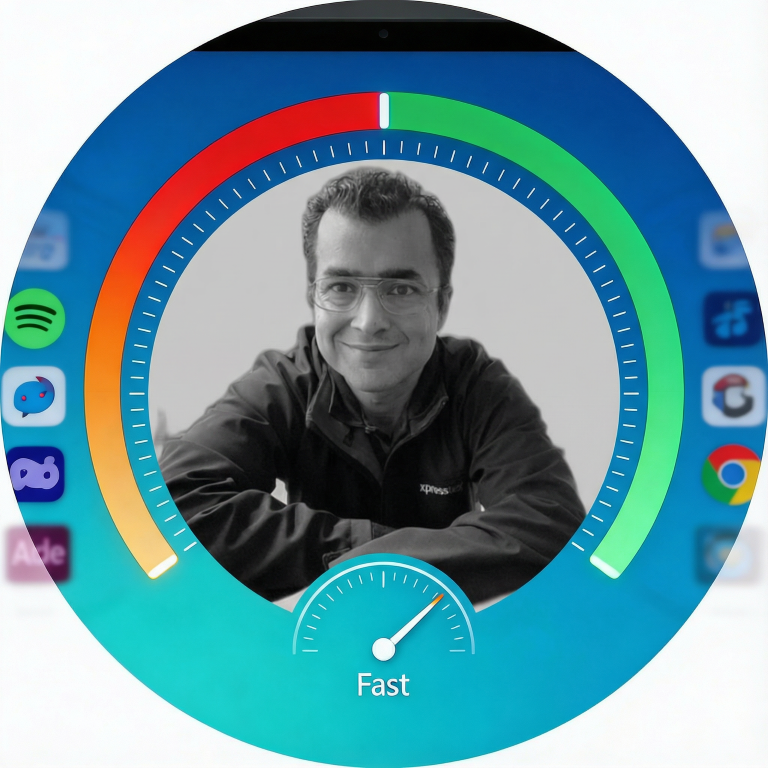
Common IT Issues In Melbourne GP Clinics And How To Fix Them
Have you ever been to a GP Clinic in Melbourne and wondered why they're staring at a slow computer screen?
It’s not their fault! Medical clinics have unique tech problems that can slow things down for everyone.
Let's break down what goes wrong and how to fix it, in simple terms.
Slow Computers and Internet Traffic Jams In GP Clinics Of Melbourne
A doctor's computer is like the clinic's brain.
It needs to be fast. But often, these computers are old, like trying to play a new video game on a five-year-old phone.
They don't have enough memory (RAM) to keep up, and their hard drives are slow.
At the same time, everything in the clinic is using the internet—sending files, updating software, and even the TV in the waiting room.
This creates a "traffic jam" on the clinic's Wi-Fi, making everything slow to a crawl.
Clinics need to upgrade to newer computers with faster hard drives (called SSDs).
They should also create a separate Wi-Fi network for guests, so it doesn’t slow down the important medical work.
Think of it as creating an express lane on the highway just for the doctors and nurses.
When the Practice Management Programme Crashes
Every clinic uses a practice management programme e.g. Best Practice OR Medical Director.
It runs on a big, powerful computer called a server.
But if that server is also doing ten other jobs, it gets overwhelmed and slows down.
It’s like trying to do your homework, listen to music, and text your friends all at once—you can't do any of them very well! When this program crashes, doctors can't see patient histories, which can cause big delays.
The patient program needs its own dedicated server that doesn't have to do any other work.
Clinics also need a backup plan for when it goes down, like having important information printed out and ready to go.
Wi-Fi "Dead Zones" In GP Clinics Of Melbourne

You know those spots in your house where the Wi-Fi just disappears? Clinics have them too! Walls, metal equipment, and even microwaves can block the signal, creating "dead zones."
If a doctor is using a laptop in a room with bad Wi-Fi, they can get disconnected from a patient's file right in the middle of an appointment.
The clinic needs to map out its Wi-Fi to find the weak spots.
Then, they can install more Wi-Fi signal boosters (called access points) in the right places to make sure every room has a strong, stable connection.
Keeping Bad Guys Out of Patient Files
Patient information is private and needs to be protected, like a secret.
Bad guys on the internet try to steal this information using tricky emails (called phishing) or computer viruses.
If they get in, they can lock up all the files and demand money, which is a huge problem for the clinic and its patients.
Clinics need strong security.
This includes using special email filters to block tricky messages and having good antivirus software.
The most important thing is using Multi-Factor Authentication (MFA).
That’s when you need a password and a code from your phone to log in.
It’s like having a secret handshake that only you and the computer know.
Forgetting To Save A Copy In Your GP Clinic
What would happen if a fire, flood, or computer virus wiped out all the clinic's patient files? It would be a disaster.
Some clinics only save their backup copy in the same building, which doesn't help if the whole building is affected.
GP Clinics should follow the 3-2-1 Rule: Keep 3 copies of the data, on 2 different types of storage (like a hard drive and the cloud), with 1 copy stored somewhere else entirely, like in a secure data center.
They also need to practice restoring the files to make sure the backup actually works!

Good Tech Means Better Care For Your GP Clinic In Melbourne
When a clinic's technology works well, doctors and nurses can spend less time fighting with computers and more time helping patients.
By upgrading their gear, strengthening their security, and having solid backup plans, they can make sure your visit is smooth, safe, and efficient.



